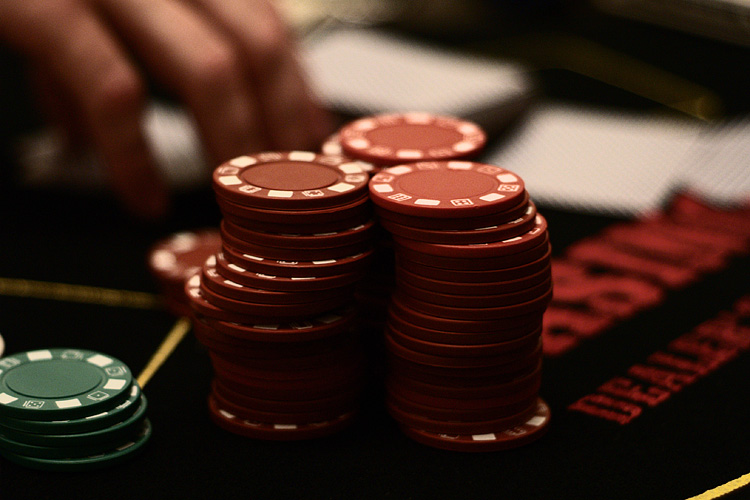Gambling is one of the most controversial activities in the modern world of sports; however this isn’t just a recent activity as gambling has been around for centuries. So how did it start, and where?
Gambling has been around for as long as humans have had organized competitions. The first account of gambling dates all the way back to about 4000-3000 BC when ancient Egyptians bet on dice, board games, and feats of skill such as chariot racing and fencing. The ancient Greeks, particularly during the Olympic games, were pioneers in popularizing it, a trend later embraced and intensified by the Romans in the course of their conquest.
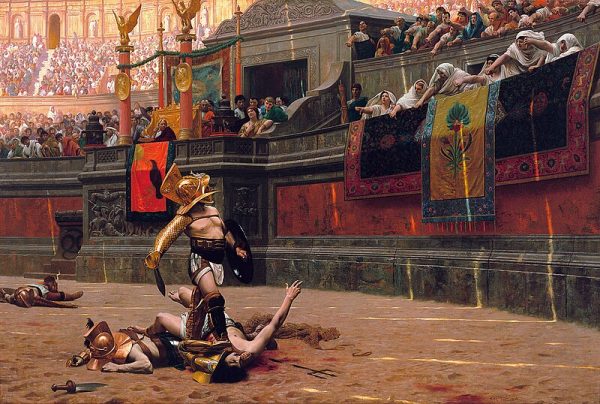
In later years, legal decisions towards gambling were centered around religion causing spiritual leaders to condemn all forms of gambling. As seen in the past and current day, people found a way to take something illegal or frowned upon and do it under the public eye. Gambling then became popular in the underground involving organized crime which led to the introduction of the first gambling laws in England and France around 1190.
The United Kingdom was one of the main locations across the world that initially popularized betting and gambling. With the popularity of the horse track, gambling was common. People would bet on which horse would win until a man named Harry Ogden introduced a concept that was dependent on the varying likelihood of horses winning, betting with odds.
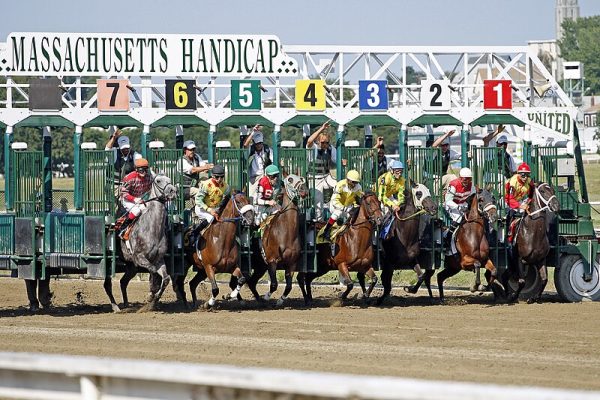
Ogden began to accept bets based on odds he had created which would ensure profitability strategically. This was the start of the bookmaker creating a systematic approach. Entrepreneurs were quick to tag along, and so this concept rapidly spread across the country.
In America, gambling was just as prevalent. Following and during the westward expansion, poker and card games were quite common and illegal gambling establishments were commonly overlooked by authorities. Gambling was seen as a lesser evil during that time period compared to things like brawling.
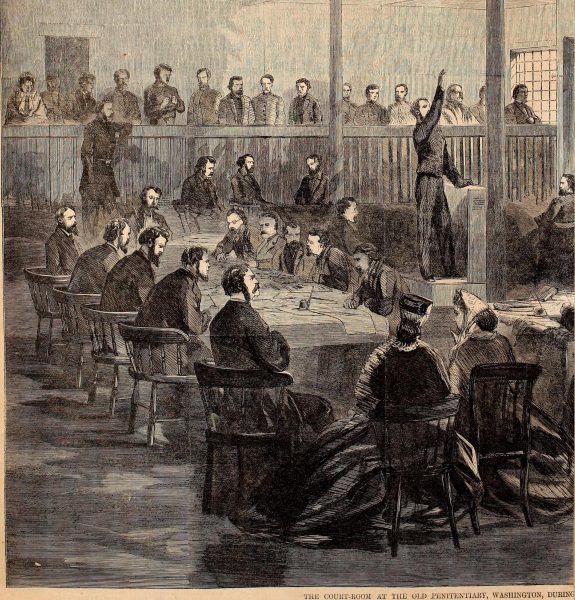
During 1787 to the mid-1830s gambling was largely outlawed; however, some forms of gambling were permitted in order to raise revenue via lotteries or raffles. Lotteries were typical and common throughout public and private organizations, but by the middle of the 1800s there were lottery scandals and most of the time drawings never took place.
Gambling worked its way throughout those years to being banned, and in the mid-1830s there was a push to ban all gambling activities.
The 1900s marked the expansion of legalized gambling. In 1964 states lotteries were brought back after being banned around 1890-1895.
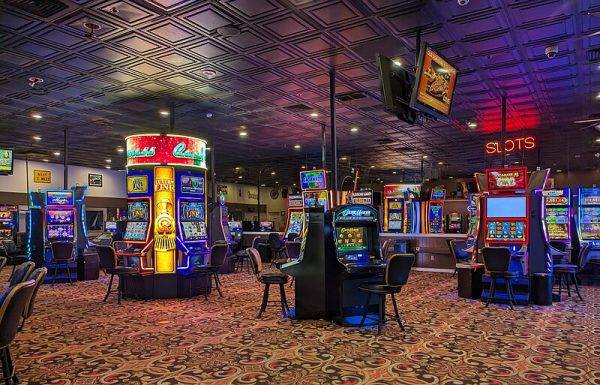
The popularity of casinos began to become prevalent throughout the United States, making states like Nevada and New Jersey essentially gambling destinations. Casinos have stayed popular since then, and you could even say that currently they are even the most popular they have ever been. As of 2022, all of the states besides Utah and Hawaii have some form of legal gambling.
Do you think gambling and betting should be legal? Or do you think it’s morally wrong?




























